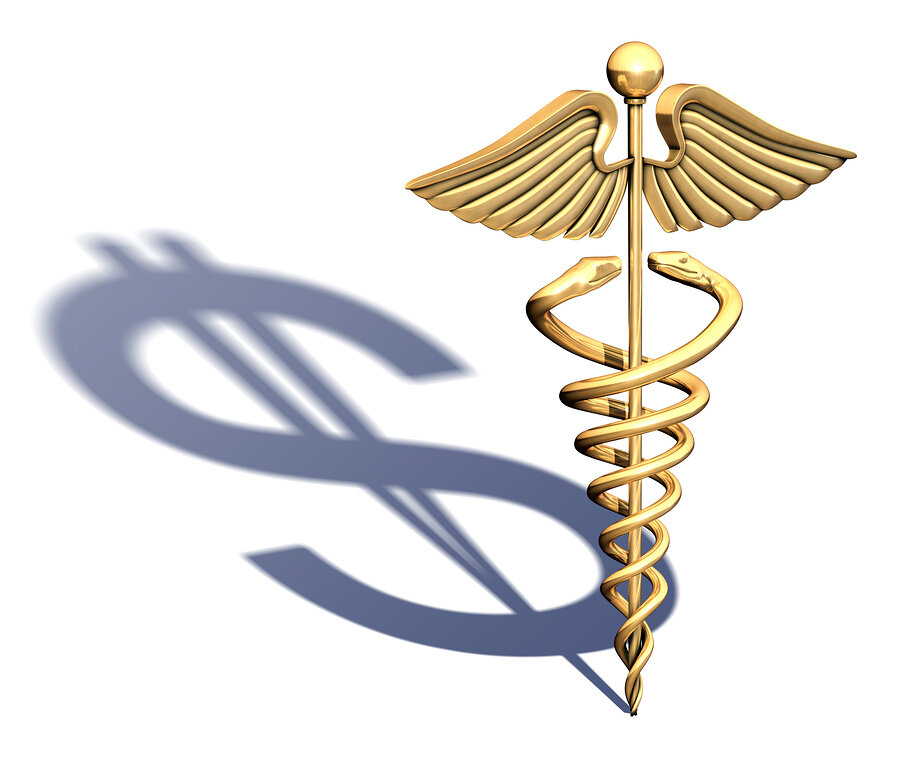Excedrin Brands Recalled Due to Faulty Packaging
/By Pat Anson, PNN Editor
One of world’s most widely used over-the-counter pain relievers has turned into a real headache for GlaxoSmithKline (GSK).
The British pharmaceutical giant has recalled over 433,000 bottles of Excedrin because of holes found in bottles of five Excedrin brands: Excedrin Migraine Caplets, Excedrin Migraine Geltabs, Excedrin Extra Strength Caplets, Excedrin PM Headache Caplets and Excedrin Tension Headache Caplets.
There have been no reports of any injuries as a result of the faulty bottles, but GSK recalled them because of the risk of Excedrin tablets falling out and being swallowed by young children. Under U.S. federal law, the tablets must be sold in child resistant packaging.
“While the likelihood there are bottles on the market with holes is low, we are asking anyone who has purchased large-sized Excedrin (50 count and above) to check their Excedrin products and if there is a visible issue, contact GSK Consumer Relations at 1-800-468-7746 for a full refund. If your Excedrin bottle is not damaged, the product is safe to use as directed on the label,” GSK said in a statement.
GsK IMAGE
“We take product safety very seriously at GSK and while we have not received any complaints or safety concerns to date on this potential problem, we are still letting consumers know so they can check their Excedrin bottles themselves. We sincerely apologize for any inconvenience, and please be assured we are working closely with the bottle manufacturer to fix this problem as quickly as we can.”
The bottles were sold at pharmacies, stores and online from March 2018 through September 2020. There was no explanation given for what caused the holes or why it took so long for GSK to recognize there was a problem and order a recall.
In January, GSK temporarily halted production of Excedrin Extra Strength and Excedrin Migraine due to “inconsistencies” in their ingredients. That led to spot shortages of the pain relievers.
In 2012, an Excedrin manufacturing plant in Nebraska was shut down for several months after Excedrin bottles were found to contain broken and stray tablets for other medications. At the time, the Excedrin brand was owned by Novartis.
An FDA investigation found that Novartis failed to adequately investigate hundreds of consumer complaints of foreign products found in over-the-counter drugs produced at the Nebraska plant. GSK now holds majority ownership of Excedrin through a joint venture with Novartis.
A recent study found GSK to be the most heavily fined drug company in the United States. GSK paid nearly $9.8 billion to settle 27 cases brought against it for bribery, corruption, improper marketing, pricing violations and selling adulterated drugs.







